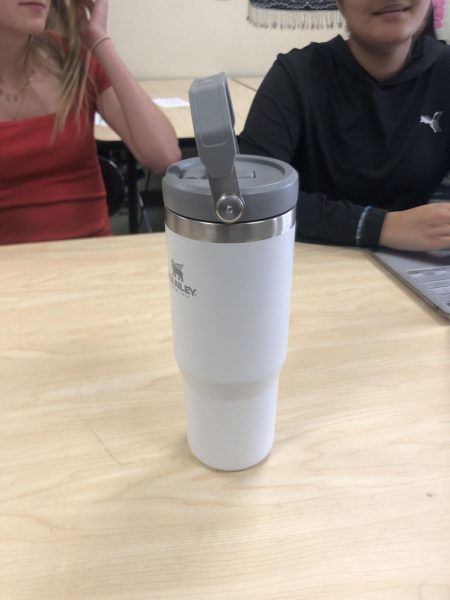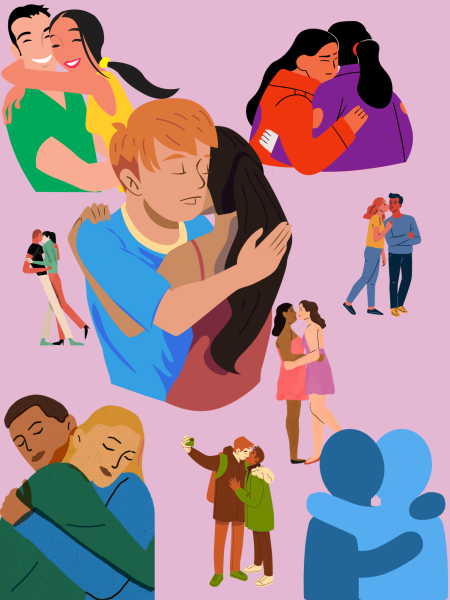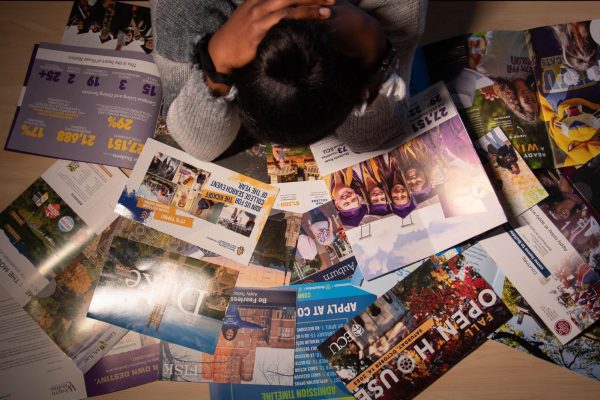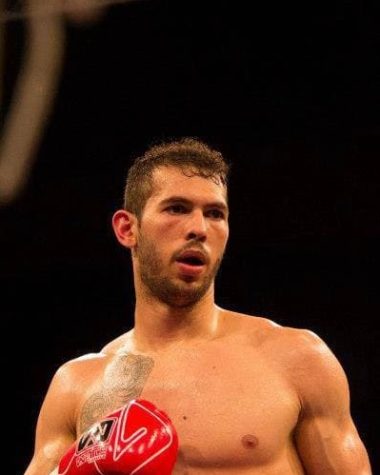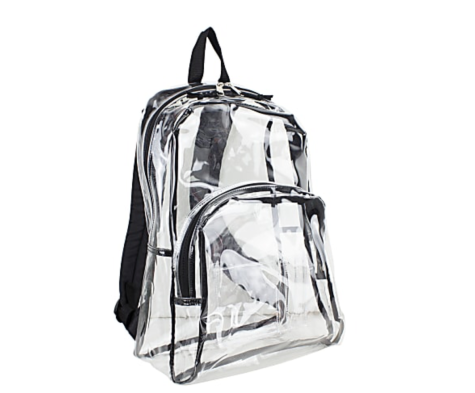Real cause of mental health crisis: social media
February 16, 2022
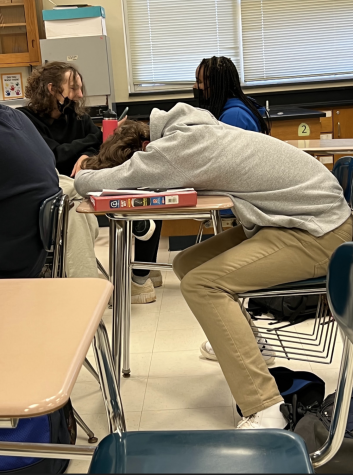
One in five teens struggle with their mental health according to the NIH, a staggering increase compared to previous years. With a rise in social media coinciding with this epidemic it’s only natural to assume there’s a correlation.
It’s nothing that hasn’t been heard before. Blame being pushed onto social media for causing mental health issues. There is validity in this statement however, what if instead of demonizing these social media platforms or the internet we could use it to solve the problem?
It’s no secret that social media can lead to unrealistic expectations for teens. In an environment where people can choose to show only the best of themselves it’s natural to compare ourselves or others to those close to perfect expectations. When teens face problems with self worth because of these standards instead of seeking help outside of the internet they tend to turn back to social media continuing the cycle of unrealistic expectations. Modifying themselves online and pushing their standards on to others.
Many campaigns we’ve personally seen seek to stop this cycle by limiting phone access or encouraging teens to stay away from their devices as if most teens would willingly sacrifice their online social connections.
Even when these programs somehow manage to discourage teens from their phones for a little while, in the long term they aren’t sticking with it.
They’re afraid of missing out on their social lives, news and popular content. It’s unrealistic to expect good results from teens going cold turkey.
According to common sense media most teens ages 13 to 16 spend around nine hours a day on social media. That’s huge when you keep in mind the average school day is approximately seven hours.
Instead of seeing this as a bad thing we could see it for what it really is…hours of untapped potential. A platform featuring mental health professionals, psychologists, counselors, all coming together to provide free education on mental health, could be what’s missing.
The occasional school workshop isn’t cutting it so why not target the thing we know teens are using and paying attention to everyday for hours? Adding even occasional mental health adverts or campaigns in between the browsing of regular social media platforms could have a huge impact.
Platforms like TikTok, Instagram, Youtube and Snapchat have expanded to include short video-based ads along with posts. These short bursts of content tend to work for engaging teens because they don’t require a high attention span and lead to more repetitive engagement.
Making use of this type of content by adding short videos of ways to deal with unrealistic expectations or ways to manage stress could make sure teens take in the information and engage with it.
If social media executives were encouraged to implement this method across their platforms it could curve the mental health epidemic among teens.
Maybe the answers have been in front of us all along.


